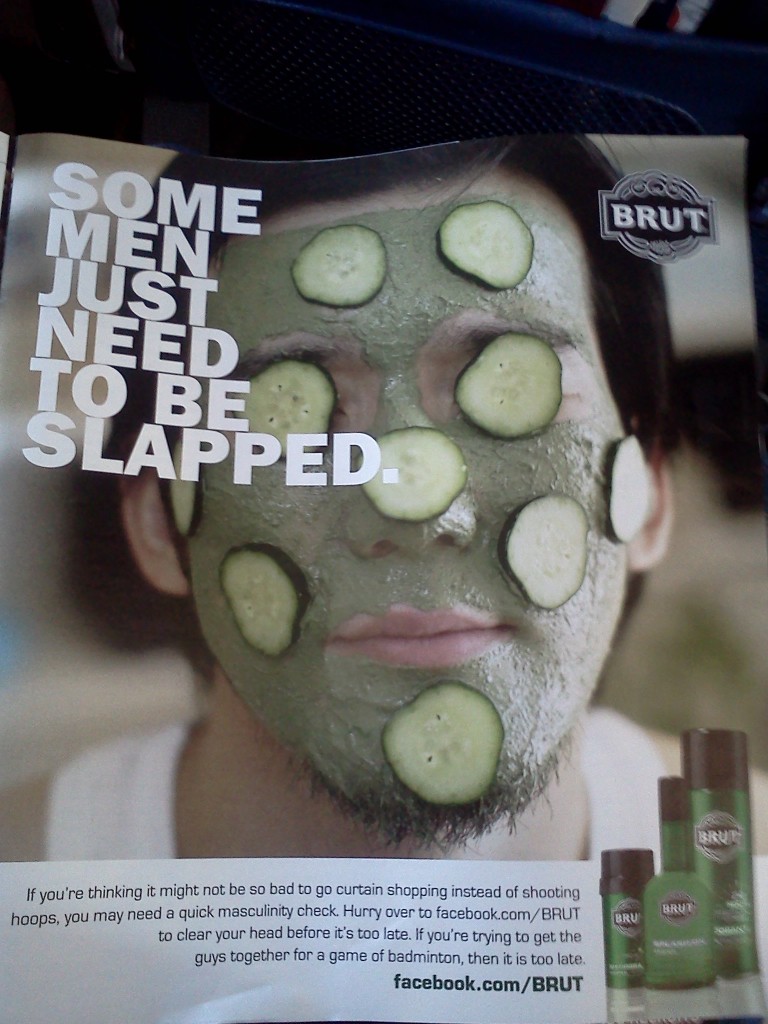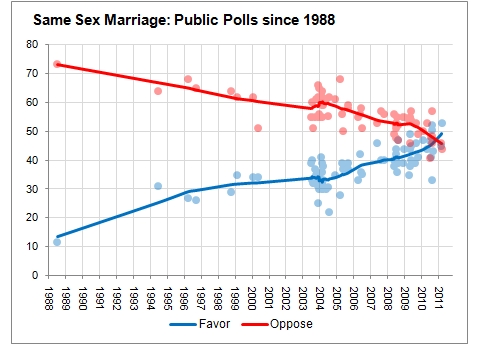How does “culture” control us? In her book Talk of Love, Ann Swidler argues that culture has the power to shape our behavior even when we do not internalize the cultural narratives to which we are exposed. She uses Secretary’s Day, or Administrative Professional’s Day if you’re being politically correct, as an example.
Secretary’s Day is a rather recent faux-holiday that conveniently (for florists, card makers, and candy and cookie bakers) falls between Easter and Mother’s day and mostly serves to bolster capitalist cashflow. Need a product to show your appreciation? We’ve got ’em! From cakes to gift baskets to greeting cards.
Like Mother’s Day cards suggest that families would fall apart without mothers to do EVERYTHING, Secretary’s Day cards suggest that an office would be helpless without its administrative assistants:
The holiday is meaningful, of course, only because (like with mothers) we take-for-granted and devalue what adminstrative assistants do everyday every day. In that sense, the holiday is disingenous and actually exposes that which it claims to resolve. So there are good reasons for administrative assistants to think it’s bunk, too.
Let’s say that you had a secretary, but you thought that Secretary’s Day was stupid. Would you still mark the day?
Swidler says you would.
You would if Secretary’s Day was being so ubiquitously advertised and promoted that everyone knew it was Secretary’s Day. And, if everyone knew that it was, including your administrative assistant, then it makes a statement NOT to mark the day. Marking the day is the path of least resistance. Not “showing your appreciation” tells a story about you (you’re not a very nice person) or your adminstrative assistant (who must suck and be a crappy employee). And there’s nothing you can do about that.
Here’s how Swidler tells it:
…the difficulty is that even the most skeptical, who recognize the trumped up, commercial origins of the occasion, may find themselves trapped by the wide publicity of the code. If one’s boss won’t even spend a few dollars, does that signal that he or she doesn’t ‘care? Both bosses and secretaries, however distasteful they may find the holiday, may nonetheless worry about the signal their actions will send. Indeed, that is the key to semiotic constraints on action. One is constrained not by internal motives but by knowledge of how one’s actions may be interpreted by others (p. 163).
We don’t just get to act according to what we think and feel. We have to make decisions about how to act based on how others will interpret our behaviors. And, often, it’s easier to go along and make the right moves than it is to buck the system that gives our choices meaning.
Lisa Wade, PhD is an Associate Professor at Tulane University. She is the author of American Hookup, a book about college sexual culture; a textbook about gender; and a forthcoming introductory text: Terrible Magnificent Sociology. You can follow her on Twitter and Instagram.











